After losing weight through thread embedding, it is important to maintain local cleanliness, avoid vigorous exercise, have a light diet, and undergo regular check ups. Embedding thread for weight loss involves implanting absorbable wires into acupoints, stimulating meridians to achieve weight loss effects, and postoperative care directly affects the effectiveness and safety.
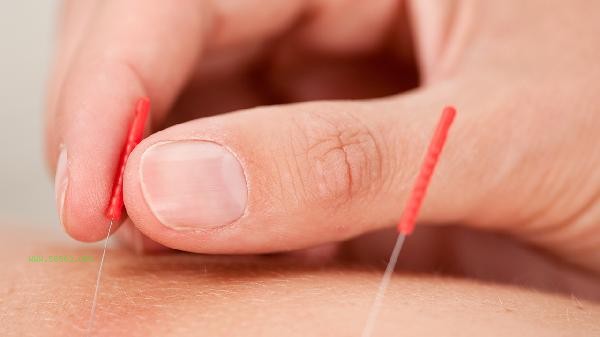
1. Keep the area clean. After embedding the thread, there may be slight redness, swelling or bruising in the pinhole area, which needs to be kept clean and dry to avoid infection. Avoid contact with water within 24 hours after surgery, and clean normally after 48 hours, but do not rub vigorously. If there is obvious redness, swelling, pain, or increased secretion, seek medical attention promptly.
2. Avoid vigorous exercise. Avoid vigorous exercise such as running, swimming, fitness, etc. within 1-2 weeks after embedding the thread to avoid affecting the fixation of the thread and the stimulation effect of acupoints. Mild activities such as walking and yoga can be carried out appropriately, but the intensity and duration need to be adjusted according to individual recovery.
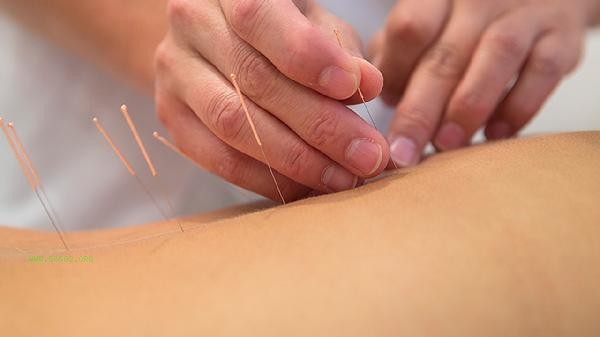
3. Have a light diet. Avoid spicy, greasy, and irritating foods such as chili peppers, fried foods, alcohol, etc. within one week after surgery to avoid increasing the burden on the body. It is recommended to consume foods rich in protein and vitamins, such as eggs, fish, vegetables, and fruits, to promote wound healing and physical recovery.
4. Regular re examination. After losing weight with buried wires, regular check ups are needed to observe the absorption of the wires and the weight loss effect. It is usually recommended to have follow-up examinations one week, one month, and three months after surgery, and the doctor will adjust the subsequent treatment plan based on the recovery situation. If there is discomfort or unclear effect, it is necessary to communicate with a doctor in a timely manner.
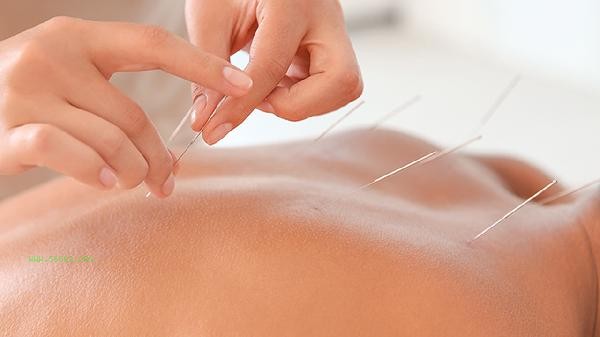
Thread embedding for weight loss is a relatively safe method, but postoperative care is crucial. By maintaining local cleanliness, avoiding vigorous exercise, having a light diet, and regular check ups, weight loss can be effectively improved and the risk of complications can be reduced. After surgery, it is necessary to combine healthy diet and moderate exercise, and persist for a long time to achieve the ideal weight. If any abnormal situation occurs, timely medical treatment should be sought to ensure safety and health.

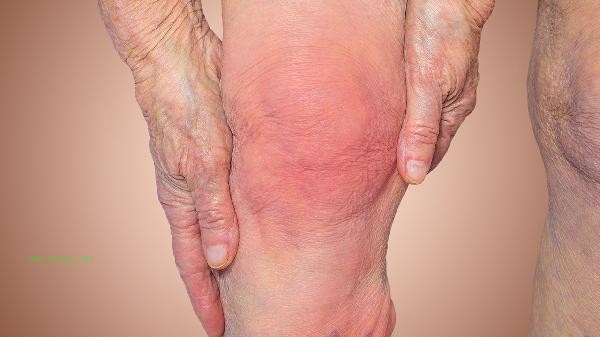
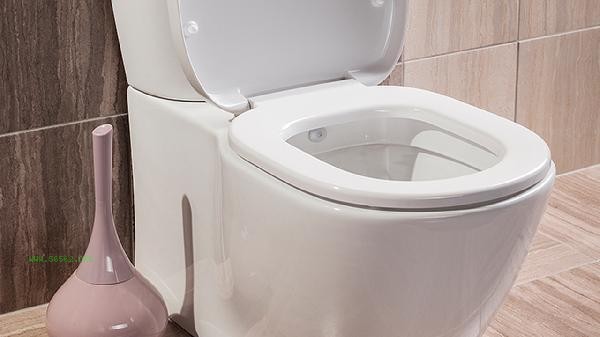
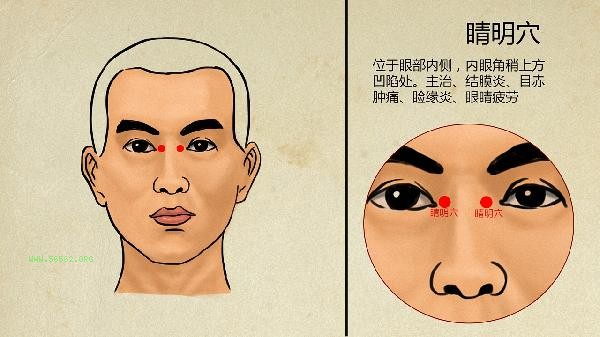

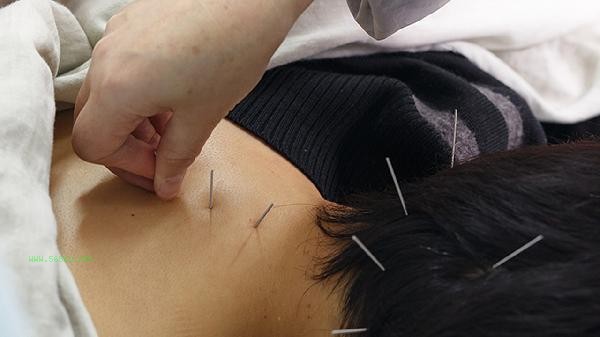



Comments (0)
Leave a Comment
No comments yet
Be the first to share your thoughts!